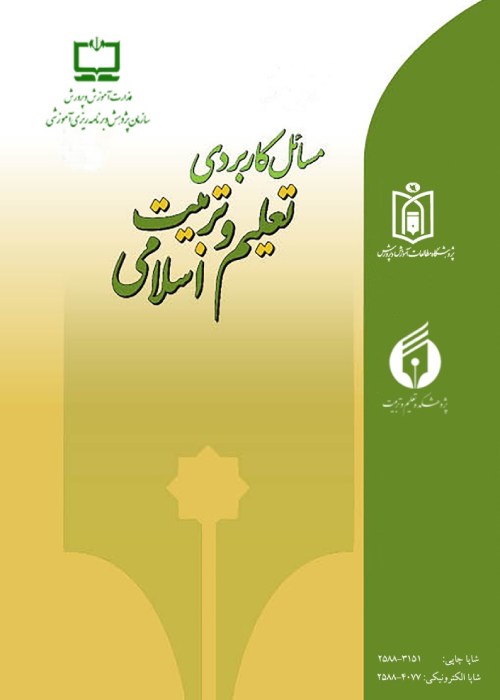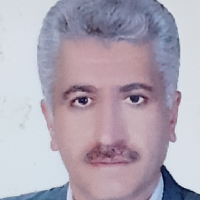Quantitative meta-analysis of researche on Islamic education courses of Universities and higher education institutions of the country
Goal:
The goal of this research was meta-analysis of the research results about Islamic education courses of universities and higher education institutions of the Iran.
The research approach was quantitative and the research method was meta-analysis. The statistical population consisted of all the research conducted on Islamic education courses between 1392-1399 SH. The statistical sample was all the researches that qualified for quantitative meta-analysis assumptions. The measuring tool was the checklist of the criteria of the eligible articles for meta-analysis. To determine the validity of the tool, the checklist was given to three experts in measurement who had at least one experience in meta-analysis, and the validity of the tool was confirmed. To analyze, the questions, the heterogeneity test, Hedges g index and fixed and random model were used. The data were analyzed using CMA 3 software.
Based on the results of the study heterogeneity test, the null hypothesis of study heterogeneity was confirmed. Also, the I2 index showed the effect of heterogeneity of studies on 97.33% of the total changes. The effect size and Z calculated for 15 variables from 22 were significant at the alpha level of 0/05. The largest effect size based on the Hedges g index was related to the religious attitude variable with an effect size of 1/488, followed by the professors’ variable with 1/450, then the interrelation between the professor and the student with 1/215. The overall effect size for studies in the fixed and random model was at the medium level, which indicated the relationship between the variables and the effectiveness of Islamic education courses.
Based on the results, the three factors of religious attitude, professor and mutual relationship between professor and student had the greatest effect on the effectiveness of these courses. Therefore, based on the results of the meta-analysis and by insisting on the identified factors related to the effectiveness of the curriculum of Islamic education courses, the necessity of rethinking and transformation in the curriculum of Islamic education courses should always be one of the main concerns of the policy makers and designers of the Islamic education curriculum.
- حق عضویت دریافتی صرف حمایت از نشریات عضو و نگهداری، تکمیل و توسعه مگیران میشود.
- پرداخت حق اشتراک و دانلود مقالات اجازه بازنشر آن در سایر رسانههای چاپی و دیجیتال را به کاربر نمیدهد.



